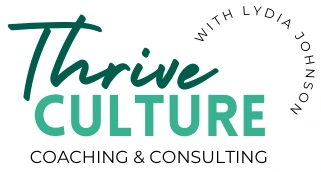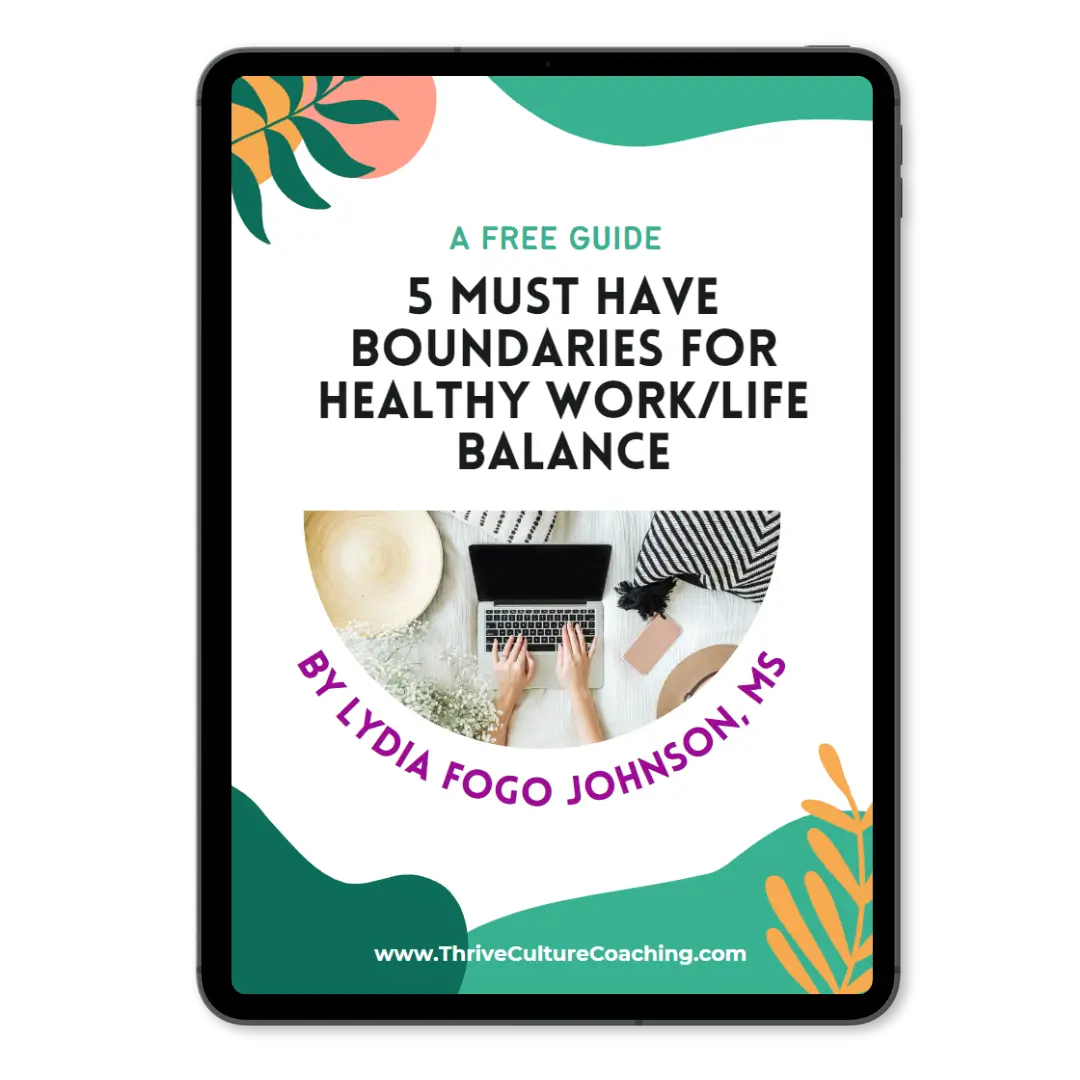Table of Contents

Did you know that nearly half of the actions you take throughout your day are habits, done on autopilot, without conscious thought or effort? (Journal of Personality and Social Psychology, Vol. 83, No. 6, 2002).
You don’t think about washing your hands after using the bathroom; you just do it. (Right?! I better be right.)
We automatically buckle up in the car, summon the social media scroll when boredom strikes, or reach for that cold adult beverage when the clock strikes a certain hour.
This is because you are a human, and humans are just fancy, well-dressed animals.
And like a good doggo, you can be trained.
(Btw, your boss is a fancy animal too, which means you could also train them!)
Surprise! You’re Being Trained All The Time by Unconcious Habits
You HAVE been trained, often by people and forces that are not you.
That warm feeling when your phone buzzes? Engineered. That nightly toothbrushing ritual? Carefully planted in your mind by a mix of slick advertising, parental advice, and doctor’s orders.
Habits can be great, keeping us happy and healthy.
They can also steal our joy, peace, and well-being.
In your work life, autopilot mode might lead you to check Slack after hours, volunteer for more work when you’re already swamped, or interrupt your focus with email-checking sessions every 37 minutes (That’s the average frequency of jumping into our inbox. Isn’t that wild?).
At home, these automatic responses might make you quick to yell at your kids, glued to your smartphone, reaching for unhealthy snacks, or turning on the TV instead of getting for that yoga mat collecting dust in the corner.
My mission? To help you wrest control from your autopilot self. I want you to consciously choose your behaviors to be the master of your moment instead of a puppet of your subconscious.
This topic is SO massive that I’ll split it into two parts (subscribe for free so you don’t miss the 2nd part).
How to Train Yourself and Intentionally Create Habits
Step One: Pick a Habit
Some bad habits are in-your-face obvious. That drink in your hand? Check. That neglected elliptical? You know it’s there.
Others, especially those sneaky ones tied to your deep-rooted personality traits, require some Sherlock Holmes-level investigation.
But let’s face it: if you’re feeling highly stressed, overwhelmed, or unfulfilled at work, there’s a high probability you’ve unwittingly picked up some habits that are fueling these fires.
Sure, there’s a ton of stuff beyond your control piling on the stress, but today, we’re focusing on seizing the reins of the tiny percentage you can control—AKA, yourself.
Your Turn: Apply it IRL
Ask yourself: What challenges am I facing at work or home? Think stress, overwork, overwhelm, lack of fulfillment, etc.
Need inspiration? Here are some common culprits.
Habits That Create Stress, Overwork, and Overwhelm
- Multitasking or hopping between tasks
- Burning through breaks like they’re going out of style
- Staying glued to work during personal time (hello, email-checking addiction)
- Skipping self-care or recovery activities
- Speed-racing through everything
- Automatically reaching for work-related apps when you wake up
- Overcommitting or volunteering for more than you can handle
- Logging late hours like a night owl
- Perfecting the art of procrastination
- Prioritizing poorly or mismanaging time
- Switching between work mode and parent mode without pause
- Saying “yes” to projects that couldn’t excite a sloth
- Speed-working without patting yourself on the back
- Wasting free time on energy-draining distractions instead of fulfilling activities like hobbies or connecting with positive people
- Burning the midnight oil and missing out on sleep
- Swapping exercise for binge-watching TV
- Reaching for junk food instead of nourishing grub
- Turning to alcohol to destress after a tough day
Let’s not sugarcoat it…
Spotting these habits in yourself can be as tricky as an advanced game of finding Waldo. That’s why most of us benefit from working with an impartial third party (hey, that’s me!) when attempting to rewire our automatic behaviors.
Step Two: Increase Your Awareness of the Habit You’d Like to Change
Changing a habit starts with shining a spotlight on it.
We’re going to beef up your awareness of the three components of your habit:
- The Cue: What sets off your craving or behavior, both internally and externally?
- The Habit: These are the thoughts, urges, feelings, and actions that make up the habit.
- The Reward: The carrot dangling in front of your brain that keeps you hooked on this habit.
Your Turn: Apply it IRL
For your habit, answer these questions:
What are the cues driving this behavior, both internally and externally?
What’s the habit itself? In other words, what goes on in your mind and body when you’re in habit mode?
What’s the big reward? Why do you keep doing this habit? What’s the pat on the back afterward that keeps you coming back for more?
What’s your ideal replacement habit?
Time for a real-life example: In one of my past jobs, stress and overwhelm were my constant clingy companions. Eventually, I realized I was part of the problem. Yep, I owned up to it.
I had this habit of constantly volunteering for more work during meetings, often adding new tasks to my already overflowing plate.
Let’s dissect this pesky habit:
- Cues: Someone asks for a volunteer and/or my brain kicks in with ideas on how to make the project even better.
- Habit: I eagerly volunteer for more work.
- Rewards: I feel like a superhero for being helpful, plus everyone showers me with praise for my hard work and initiative.
- Ideal replacement: I jot down my ideas for later when I have more bandwidth, or I play it cool and let someone else be the volunteer hero.
Here’s another scenario: Picture this—you habitually reach for a glass of wine when the clock strikes 5:30.
- Cues: The workday’s done, your spouse strolls in, and it’s time to rustle up some dinner.
- Habit: You pour yourself a drink while cooking or eating.
- Rewards: A tasty flavor and the official start of “wind down” mode.
- Ideal replacement: You grab a sparkling water to savor instead.
Got the hang of it? Awesome. Now it’s YOUR turn to dissect your habit and dream a better replacement.
Your Turn: Apply it IRL
For the rest of the week, be hyper-aware of your habit—when you do it, what’s happening to trigger it, why you keep returning to it, and what changes when you opt for your shiny new replacement habit.
Bonus: Notice what is getting in the way of you implementing your new replacement habit; we’ll cover this more next week!
Congratulations! You just did the heavy lifting needed to revamp your habit.
Next week, I’ll cover all the science-based hacks to make those habit changes stick. Subscribe for free to get my newsletter, The Psychology of Thriving, sent right to your inbox.
Oh hey… are you realizing you need to replace a LOT of stress-inducing habits with healthy, supportive habits?
Well, friend, that’s what the first few sessions of my private coaching package are dedicated to. If you’d like professional support on your habit-changing adventure so that you can stop being overwhelmed and start enjoying your days again, let’s chat. I offer a free 30-minute consultation call to dive into your challenges and explore how coaching can help you forge a path to your goals and a thriving career.
BTW; I’m Lydia Johnson, MS., Your dual-certified holistic career coach dedicated to helping ultra-busy professionals design a fulfilling, burnout-free career. You can read more about my approach and my why on my about page.




Share